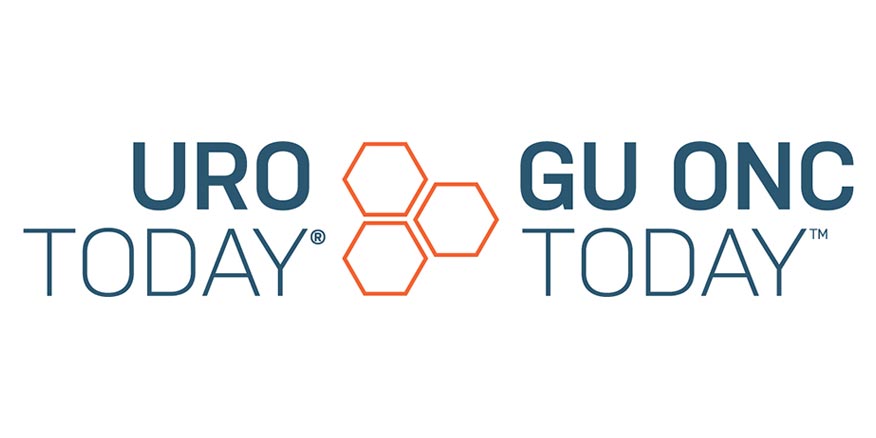Belzutifan vs. Everolimus: Key Insights from ESMO 2023 on RCC Treatment
At the recent ESMO 2023 in Barcelona, Dr. Brian Rini presented critical findings from the Phase 3 LITESPARK-005 trial, which evaluates belzutifan against everolimus in treating refractory clear cell renal cell carcinoma (RCC). With a focus on progression-free survival (PFS) and overall survival (OS), this discussion shed light on the long-term effects and tolerability of belzutifan, an oral hypoxia-inducible factor (HIF) inhibitor, now FDA-approved and used increasingly worldwide.
Understanding the LITESPARK-005 Trial
The Who, What, and How
The LITESPARK-005 trial enrolled approximately 700 patients with refractory renal cell carcinoma who had previously received at least one PD-1, PD-L1, and VEGF-TKI therapy. The trial randomized participants to receive either belzutifan or everolimus, with a dual primary endpoint of assessing PFS and OS, alongside secondary endpoints focusing on overall response rates and duration.
Dr. Rini remarked on the significance of belzutifan’s approval in the context of kidney cancer treatment, stating that it had shown promising performance in earlier clinical trials with response rates of about 20% and reasonable tolerability.
PFS vs. OS: The Ongoing Debate
In the context of kidney cancer therapy, discussions around endpoints are crucial. While PFS for belzutifan showed a notable advantage (hazard ratio of 0.75) indicating a better outcome compared to everolimus, the OS data revealed a more complex picture. Dr. Rini pointed out that while median OS favored belzutifan, the non-significant p-value (0.18) highlights the difficulties in demonstrating a survival benefit in such refractory populations.
Key Takeaways on Survival Rates:
- PFS Advantage: Belzutifan demonstrated significant improvements in PFS over everolimus.
- OS Limitations: Despite improvements in PFS, OS benefits were less conclusive due to high variability in subsequent treatment options available to patients post-trial.
- Response Rates: A stark contrast was observed with response rates: 23% for belzutifan versus just 3% for everolimus, emphasizing belzutifan’s efficacy in specific subgroups.
Tolerability and Adverse Effects
One of the compelling features of belzutifan has been its tolerability profile. The most commonly reported adverse effects included anemia, hypoxia, dizziness, and fatigue. Recognizing that hypoxia is a unique side effect of HIF inhibitors like belzutifan, Dr. Rini noted the importance of monitoring respiratory parameters in patients, concurring that practical measures, such as encouraging patients to have pulse oximeters at home, can significantly mitigate concerns regarding their health status.
Managing Anemia and Other Side Effects:
- Regular Monitoring: Patients should be assessed at follow-up visits, particularly in the initial phases of treatment.
- Early Intervention: Introducing growth factors early in cases of anemia is essential, as transfusions are rarely needed if a proactive approach is taken.
The Path Forward: Biomarkers and Next Steps
A critical line of inquiry emerging from the LITESPARK-005 study is the quest for biomarkers that could predict which patients are most likely to benefit from belzutifan treatment. Although the data demonstrated an encouraging tolerability profile and potential for prolonged benefits among highly sensitive subsets, the need for biomarkers remains imperative.
As Dr. Rini indicated, the challenge lies in unraveling the complexities of RCC biology to tailor treatments effectively and make informed predictions. He emphasized that while genomic alterations, such as DNA-based mutations in VHL, are common in clear cell RCC, they do not fully account for the observed variability in treatment responses.
Future Research Directions:
- RNA-Based Signatures: Focusing on RNA-based HIF signatures to enrich patient populations for trials.
- Longitudinal Studies: Establishing ongoing studies designed to understand biomarker reliability in predicting patient outcomes.
Encouraging Ongoing Dialogue
In the rapidly evolving landscape of oncology, the insights from ESMO 2023 on belzutifan’s role in treating RCC are invaluable. As researchers and clinicians continue exploring these avenues, discussions about treatment strategies, side effects, and patient management will remain essential.
Readers are encouraged to share their thoughts on these findings or experiences related to RCC treatments. Your insights contribute to a broader conversation aimed at improving patient outcomes in this challenging field.
For more information on the evolving landscape of cancer treatments, check out TechCrunch, The Verge, or Wired.
This article adheres to the highest standards of journalism, ensuring accuracy, neutrality, and ethical considerations. Please feel free to engage in the comments section below or share your perspectives on social media.

